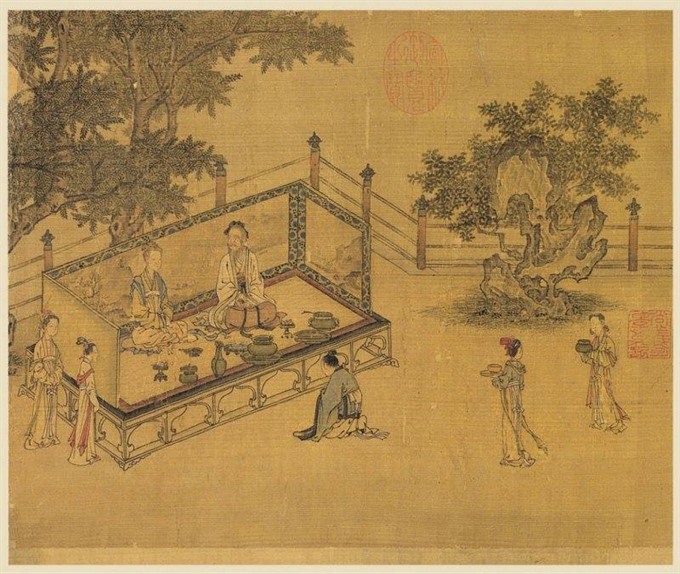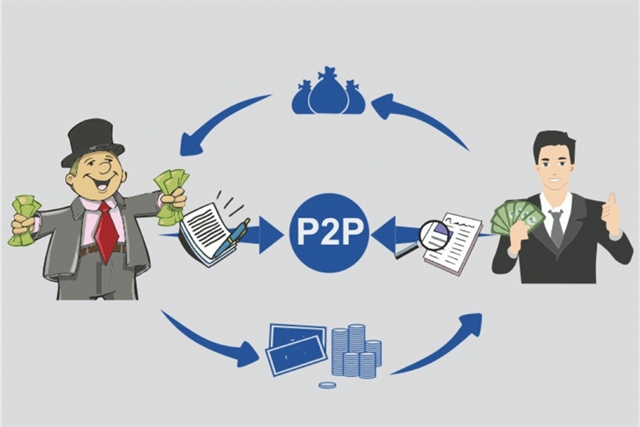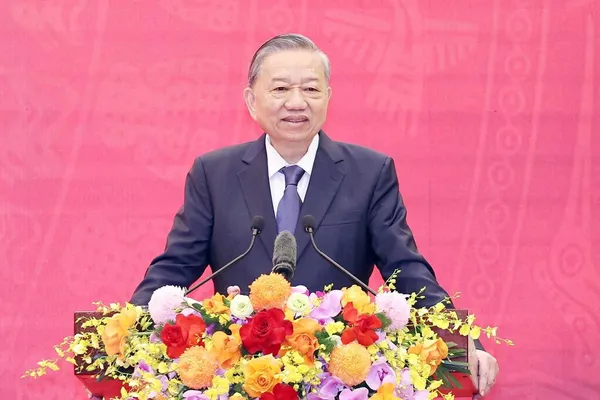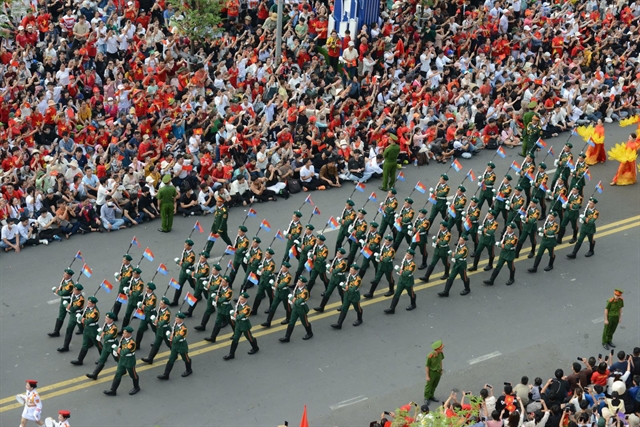 Talk Around Town
Talk Around Town

It was a bit over-the-top melodrama, really, but popular singer Đàm Vĩnh Hưng stirred up a much-needed debate last week.
 |
Trọng Kiên
It was a bit over-the-top melodrama, really, but popular singer Đàm Vĩnh Hưng stirred up a much-needed debate last week.
Hưng unleashed a firestorm on social media after streaming live for 20 minutes plus a teary monologue on Facebook.
The topic: his insufferable mother.
The woman had “hardly given him the love that he longed for,” the tearful Hưng said. Worse still, the gambling addict had inflicted on her son a colossal debt of VNĐ 20 billion (nearly US$888,000) over the last 10 years.
In a country still steeped in Confucian traditions and values of almost extreme patriarchy and filial piety, an expected torrent of abuse, name-calling and similar tirades greeted the singer’s lament. He was upbraided on several counts, and being an ingrate was one of them.
I am not going to delve into filial ingratitude, although there seems to be enough of it going around these days.
I think it is high time we critically examined the notion and tradition of filial piety, or “hiếu thuận,” that is required of a child in our society.
Hiếu thuận is generally used to describe a loving child, but we need to unpack this a bit: hiếu also means devotion, meekness and submissiveness; and ‘thuận’ denotes unquestioning compliance.
Those who claimed the moral high ground and condemned Hưng as unfilial, disgraceful may have believed they were standing on long-standing tradition, but the fact is that they were standing on very thin ground.
It is a fundamental principle that respect is earned, not automatically given on demand without question. Unconditional reverence for parents, and by extension, authority figures, is an outdated notion, or should be one, because demanding unquestioning obedience is a sign of insecurity, even fear.
China just introduced a statute requiring children to honour their parents (in terms of visiting them regularly and so on) – failure to do so would invite legal action. It’s not hard to imagine other countries following the same path of codifying supposedly moral obligations into codes of conduct for citizens to abide by. There is a vast difference between winning someone’s trust and confidence, on the one hand, and coercing compliance, on the other.
There are any number of reasons for honouring our ‘life-givers’, even when they have not earned our respect.
That said, we can move on to other aspects of filial piety that have come to the fore.
Many people opined that the singer did not have to make such a fuss, since his mother’s debt is nothing compared to his significant wealth, what with all the luxurious haute-couture he loves to flaunt – each item could easily cost billions of đồng.
This argument is of little relevance. What the singer has, he earned through his work, and for his mother to squander the money he made by gambling – an illegal activity anyway – is inexcusable.
Hưng himself has stated that servicing the debts is very much within his capacity. The problem is that over the last 10 years, the debts have also caused him tremendous stress and shame, with gangster debt collectors waiting to pounce on him at every corner. Just this fact justifies his public announcement on Facebook.
Caring for an abusive parent might be a chance to renew the fraught relationship, or it could mean subjecting yourself to an abusive relationship once again. The cost of caring for abusive parents out of a sense of duty can inflict psychological trauma on children.
Some good news
The good news is that a large number of comments on media outlets and social media posts have expressed support for the singer.
In fact, nearly 90 per cent of readers of the online newspaper Vnexpress, when asked for their opinion on Hưng’s public announcement of his mother’s gambling addiction, said that it was justified.
They agreed that his mother cannot be given any more free passes, and as the singer himself said, it was a ‘final straw’ incident that opened the floodgates and released the long-suppressed resentment.
Some readers argued that while Hưng had a right to be angry, familial matters should be resolved discreetly ‘behind closed doors.’
There is some merit to not washing dirty linen in public, but the gambling mother had continued to exploit her son’s fame to borrow money from his acquaintances to serve her habit, so venting his sadness and frustration in public can serve to preventing future scams not to mention the tainting of his name.
And as a society, we cannot ignore the fact that there are a number of children who are ‘unwanted products’ of a relationship between irresponsible ‘fathers and mothers’ who don’t know better. Their destiny is to be abandoned right at birth, or be raised as a burden. Can such a child grow up with a sound mind unaffected by the pain of rejection? There are many children suffering from sexual and other forms of physical and psychological abuse, domestically.
Thankfully, such parents are in a minority, but this fact cannot blind us to the deleterious impacts ‘normal’ parents can have, even without their knowing it.
Piety economics
A widely prevalent thought among Vietnamese parents, and those in other Sinospheric countries, is that their children are ‘của để dành’ – a term best understood as a ‘contingency fund’ for rainy days.
Wearing rose-tinted glasses, this is a compliment, an endearment, even, for children carrying parents’ hopes and dreams, and being their support when the parents get old and frail. But take those glasses off, and a less rosy picture comes into view, of the upbringing of a child as an investment with expectations of due returns on that investment. Spoils the whole “selfless, unconditional love” narrative somewhat, doesn’t it?
But human psychology is complex enough, or should I say, the cognitive dissonance is strong enough, for people not having a problem simultaneously holding these two contradicting/conflicting beliefs/values.
Can we extend this cognitive dissonance, then, to saying we should reciprocate the unconditional love that we receive from our parents, but this does not mean unconditional acceptance of a parent unworthy of such love?
Can we also stop equating love with unquestioning obedience?
The fact that support for the singer has eclipsed criticism signals a change in the attitude towards the traditional concept of filial duty, but this should be pushed to its logical conclusion.
There are times when it is better that the apple falls far from the tree. — VNS









